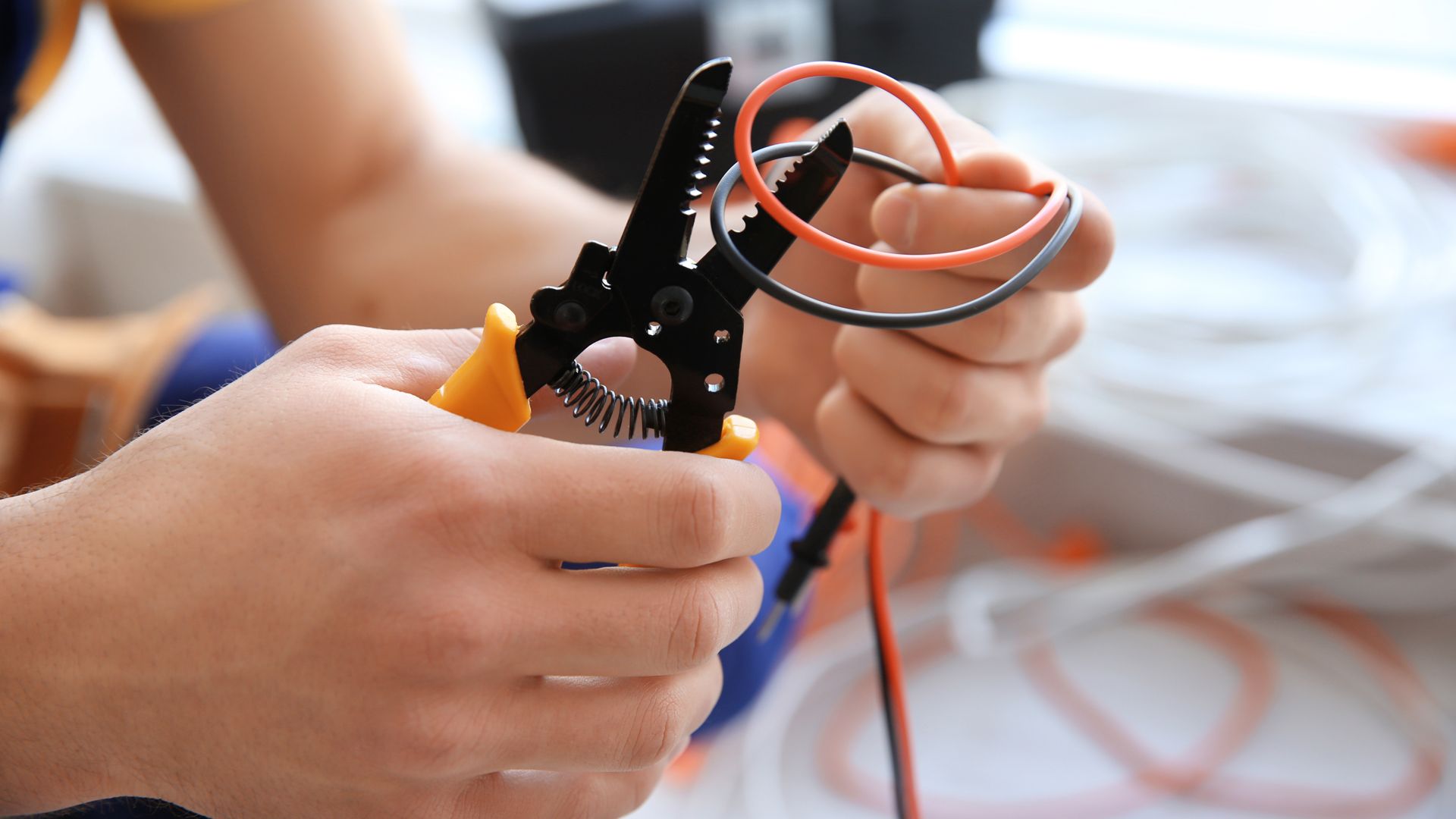When the lights go out, it’s too late to install a generator. Unfortunately, that is when many people wish they had considered home power generation.
The truth is that the world was a very dark and cold place before electric lights and power generation. Southern Maryland and Northern Virginia residents regularly get a taste of what it was like in that dark world whenever an Atlantic storm takes out public utilities or snow and ice bring down power lines.
Fortunately, home generators provide a solution to the inevitable blackout. Even families on the most modest budgets can prepare for emergencies and ride out the storm.
Selecting the Right Generator
The first question most people ask when considering a generator for home power is, how big should I go? It’s a good question, but there are some others you should ask first.
How Much Power Will You Need During an Emergency?
Walk into any room in your house, and you see electrical devices. Each light bulb and appliance requires electricity. The amount of electricity necessary is measured in watts.
That means the first step in determining the size of your generator is to determine how many watts your home’s electrical devices will require.
Here is a list of standard wattage requirements from Consumer Reports that you can use as a resource in planning for a generator:
- Refrigerator (600 watts)
- Microwave (1,500 watts)
- Sump pump (600 watts)
- Several lights (400 watts)
- TV (200 watts)
- Portable heater (1,300 watts)
- Computer (250 watts)
- Heating system (500 watts)
- Second pump (600 watts)
- More lights (400 watts)
- Small water heater (3,000 watts)
- Central air conditioner (5,000 watts)
- Electric range (5,000 watts)
- Clothes washer (1,200 watts)
- Electric dryer (5,000 watts)
And don’t forget the “Surge On” wattage demand. Many appliances require additional wattage at start-up. Some, like electric heaters, surge during operation. A heating element can run wattage requirements up considerably.
Another consideration is the amps provided by your generator. While watts represent the actual power output of any electrical device, amps are the amount of power flowing through the supply line. The total wattage your generator will handle is directly related to the amps it provides. If you have too few amps, the available wattage decreases.
The middle of the blackout is not the time to decide between lighting a dark house, turning on a heater, and keeping food in the refrigerator from spoiling. The professionals at John Goudie Electric can provide the required wattage calculation to ensure that your home’s power needs are fully met.
How Long Do You Want Your Generator to Be Able to Run?
It may seem like a no-brainer, but a generator with a larger fuel tank will run longer than one with a small tank. The bottom line is that you will want to base your generator selection in part on the fuel capacity that you determine is best for your needs and how often you want to refill the fuel tank. If you want to weather a prolonged power outage, more fuel and a larger generator give you more ability to sit it out.
Is Weight a Factor?
Because generators come in different sizes, they also come in different weights. Some can be quite hefty. Consideration should be given to the generator’s portability if you intend to move it around.
Be Prepared When the Lights Go Out in Maryland or Virginia
Need more help? The professional team at John Goudie Electric will work with you to determine your generator requirements. Our expert electricians will install your generator and show you how to operate and maintain it. Contact us today at (301) 945-7688 and let us help you prepare before the lights go out.
